Keywords: Right To Choose
There are more than 200 results, only the first 200 are displayed here.
-

RELIGION
- Andrew Hamilton
- 23 May 2024
When Pope Francis delivered a message for the World Day of Social Communications, he focused on AI. The pope posed a wide range of questions including how to regulate its development and use in order to avoid the manipulation of truth and the inevitable centralisation of wealth and power.
READ MORE
-

AUSTRALIA
- Michael McVeigh
- 28 March 2024
How do we live and work happily together with people whose views on the world and human nature are fundamentally different to our own? Can different beliefs within organisations be lived with, or even celebrated, without necessarily undermining the organisation’s own core mission?
READ MORE
-
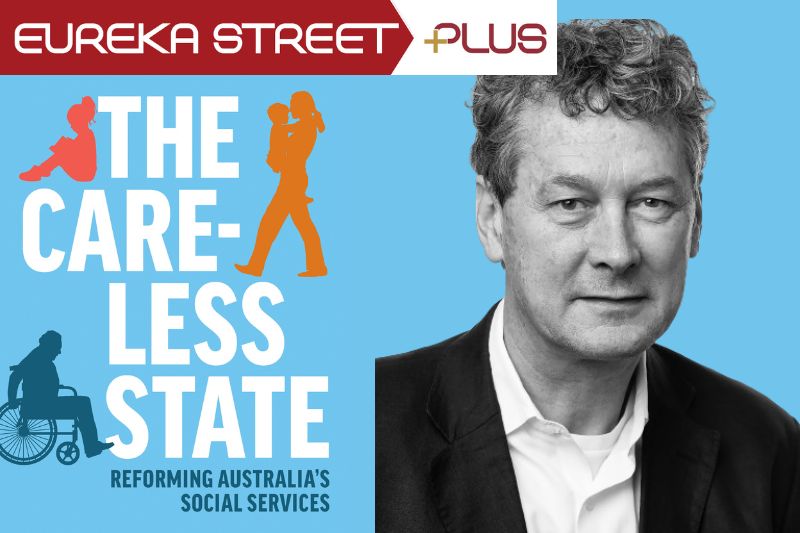
AUSTRALIA
- David Halliday
- 28 February 2024
1 Comment
The main purpose of government is to promote the welfare of its people. And yet over the last few decades, through numerous inquiries, it’s become clear that the Australian government has failed to provide services for the Australian population as well as might be expected.
READ MORE
-
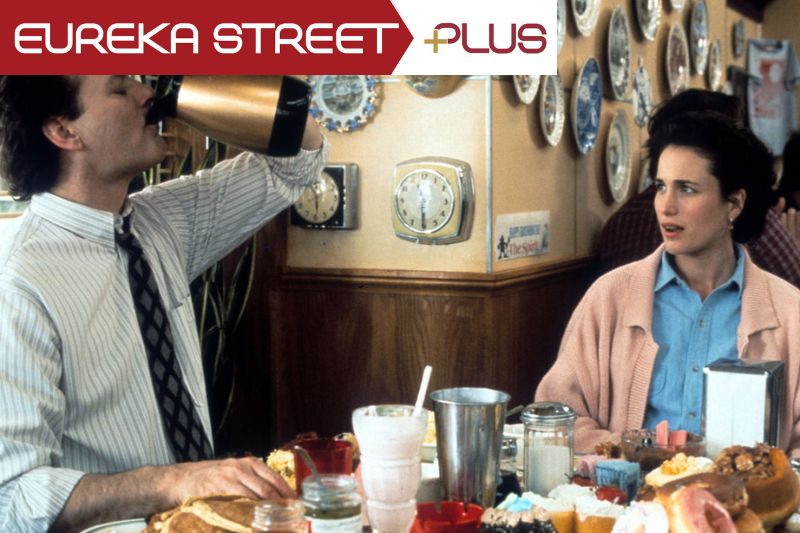
ARTS AND CULTURE
- Paul Mitchell
- 22 February 2024
1 Comment
Since its release, audiences, critics and philosophers have grappled with Groundhog Day’s take on time and eternity. Like all great art, Groundhog Day resists easy categorisation and is a story that, in a wonderful irony, we can go to again and again.
READ MORE 
-
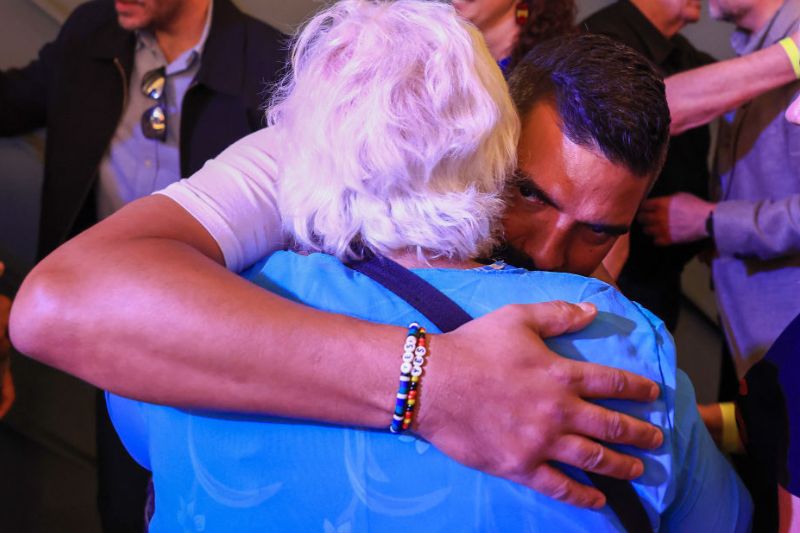
AUSTRALIA
- Brian McCoy
- 14 February 2024
1 Comment
Months after the referendum, can we allow this referendum to die while preserving the essence of its vision and optimism? This is akin to our response to the loss of a loved one — we hold onto their memory, reluctant to let go. How do we keep the deeply treasured aspirations of the referendum journey alive while facing the reality of its death?
READ MORE
-

AUSTRALIA
- Holly Lawford-Smith
- 02 February 2024
1 Comment
How can we make progress on the question of whether debate can do harm, and if it can, whether that’s a sufficient reason to suppress particular debates? Or should we adopt a ‘no debate!’ approach to particular topics ourselves?
READ MORE 
-

RELIGION
- Bill Uren
- 30 January 2024
8 Comments
As Australia adopts voluntary assisted dying nationwide, the Australian Catholic Bishops Conference addresses ethical challenges for end-of-life care in this new legal landscape. What is to be done when a terminally ill Catholic patient requests access to the sacraments when their intention is to embark on assisted suicide?
READ MORE
-
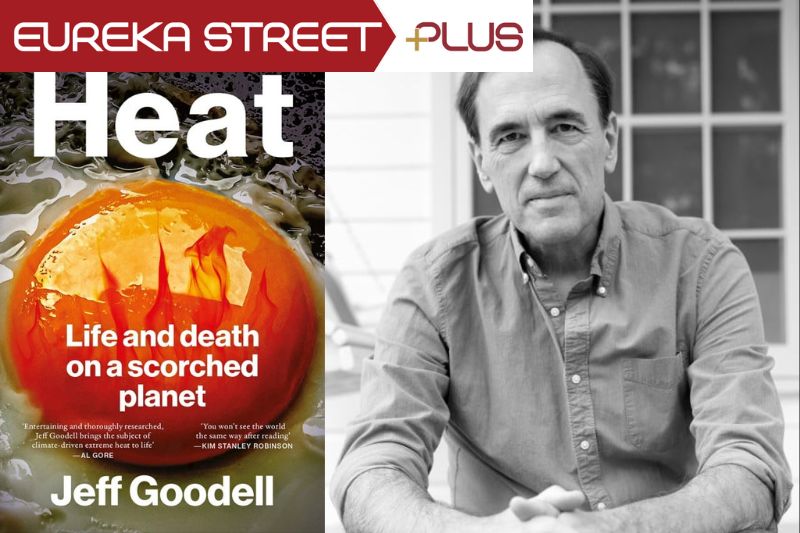
ENVIRONMENT
- David Halliday
- 11 January 2024
How will a warming planet impact us? In conversation with Eureka Street, longtime climate journalist and contributing editor for Rolling Stone Jeff Goodell discusses two decades of covering climate change, examining the effects a superheated world, and how humanity will need to adapt.
READ MORE 
-

AUSTRALIA
- Andrew Hamilton
- 04 January 2024
2 Comments
In the war between Israel and Hamas it's essential to look beyond the simplistic dichotomies of good versus evil, exploring how historical, cultural, and political nuances shape the landscape of this enduring conflict. In a world quick to take sides, there's a need for deep understanding, underscoring the importance of balanced perspectives in seeking lasting peace and justice in a region torn by decades of strife.
READ MORE
-
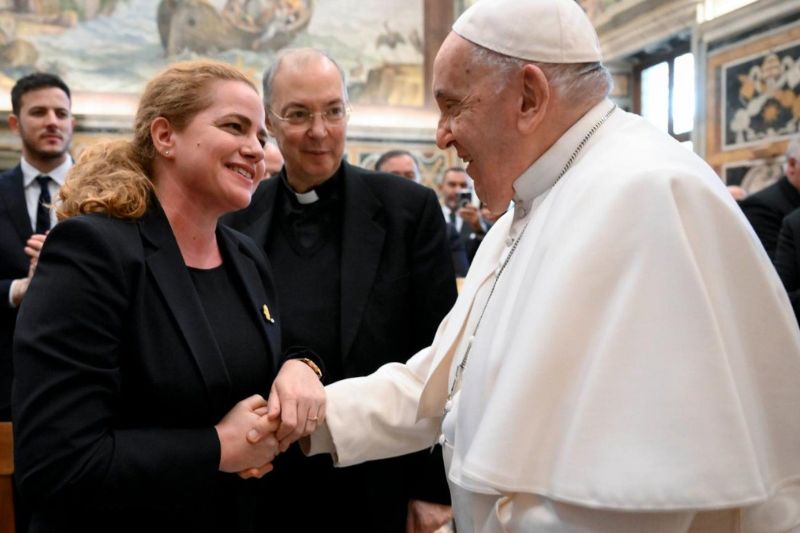
AUSTRALIA
- David Halliday, Michael McVeigh, Laura Kings, Michele Frankeni, Andrew Hamilton, Julian Butler
- 21 December 2023
10 Comments
To close the year for Eureka Street, the editorial team wanted to nominate who we considered to be the Eureka Street ‘person of the year’ based on this year's newsmakers.
READ MORE
-
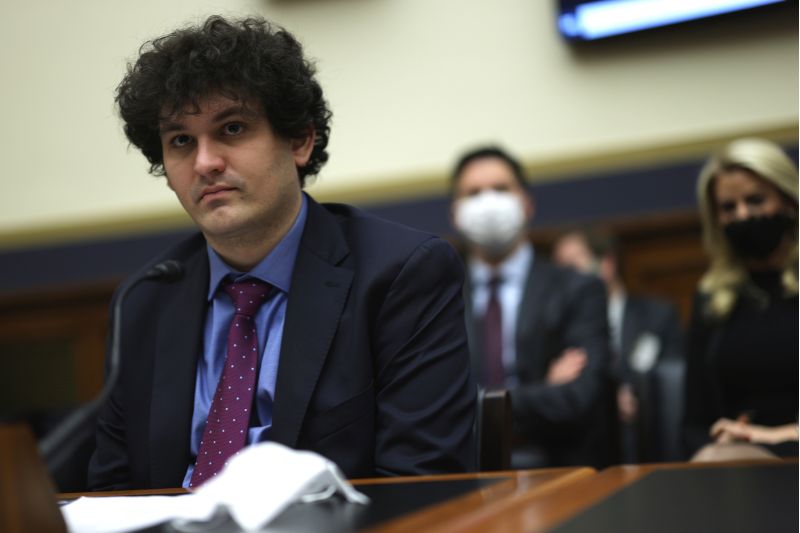
INTERNATIONAL
- Max Jeganathan
- 21 November 2023
1 Comment
The spectacular rise and fall of Sam Bankman-Fried is a story that began with unfettered brilliance and financial wizardry, but quickly unraveled into an all-too familiar cautionary tale of swindlers, conmen, and morally vacuous ambition.
READ MORE
-

AUSTRALIA
- Andrew Hamilton
- 02 November 2023
13 Comments
In the war between Israel and Hamas it's essential to look beyond the simplistic dichotomies of good versus evil, exploring how historical, cultural, and political nuances shape the landscape of this enduring conflict. In a world quick to take sides, there's a need for deep understanding, underscoring the importance of balanced perspectives in seeking lasting peace and justice in a region torn by decades of strife.
READ MORE